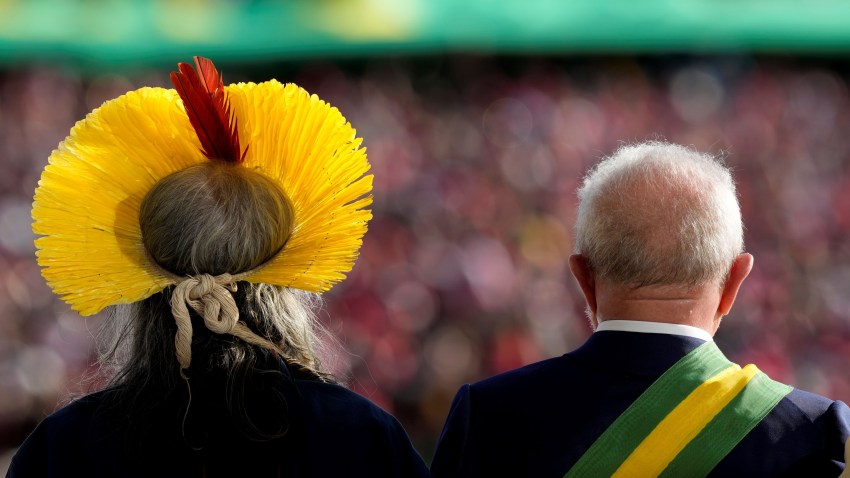Since winning election last October and taking office for a third term in January, Brazilian President Luiz Inacio Lula da Silva has gone out of his way to show that he is putting the climate agenda and preservation of the Amazon rainforest at the center of his presidency. Lula has pledged to reach zero illegal deforestation by 2030; highlighted the rights of Indigenous peoples; returned Brazil to international climate discussions; and promised that environmental policy will cut across all areas of his government.
This stance—which stands in sharp contrast to that of his predecessor, Jair Bolsonaro—has earned him the plaudits of a wide range of environmentalists and Indigenous activists, as well as the goodwill of international partners. The latter has been evident in the support that has been pouring in for the Amazon Fund, a key tool for fighting deforestation. Earlier this month, the U.K. pledged £80 million, or $100 million, following a promised investment of half a billion dollars from the U.S. in April. The pledges are a sign that foreign leaders believe the current government can be trusted to spearhead Amazon conservation efforts, unlike Bolsonaro, under whom the fund was suspended and its main donors—Norway and Germany—froze their contributions.
Yet there are limitations to Lula’s ability to achieve his climate ambitions, not to mention some incoherences within his government’s priorities, which could frustrate observers expecting the president to deliver on his lofty promises.

